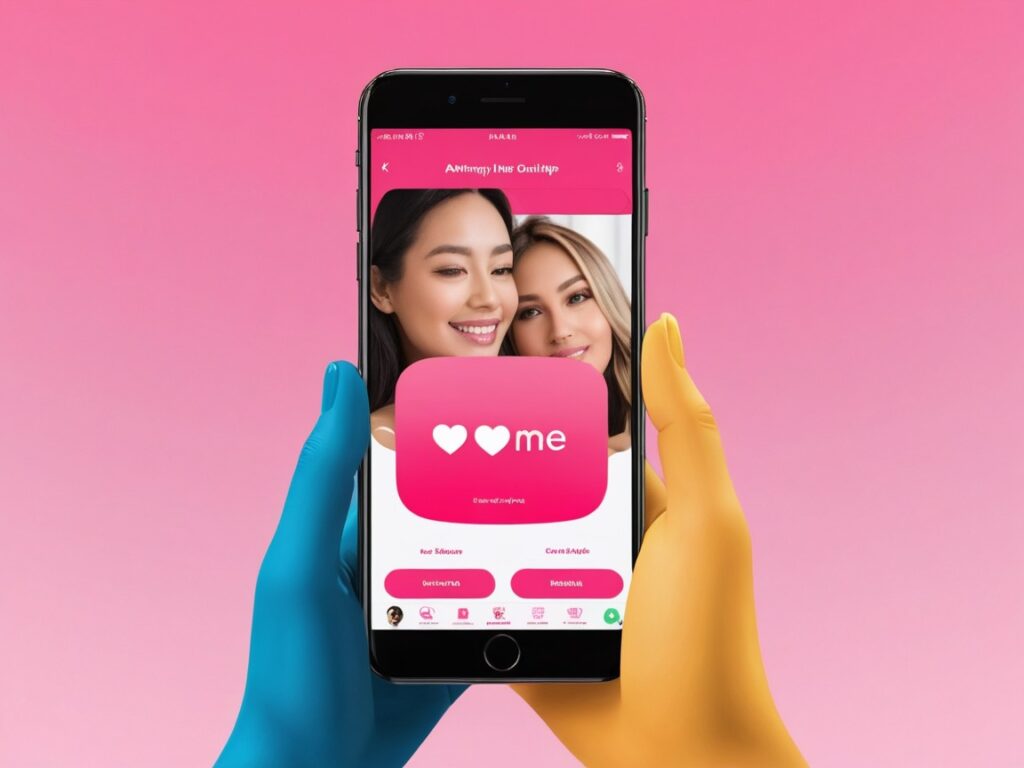In the age of hyper-connectivity and digital intimacy, a new wave of emotional technology is emerging—one that blends artificial intelligence with the fundamental human need for connection. At the forefront of this movement is XManyLoveMe, a platform that exemplifies the rapid rise of AI-powered affection and virtual companionship apps. But what exactly is driving this trend, and what does it say about the future of relationships?
The Birth of AI Companionship
The concept behind apps like XManyLoveMe is simple but powerful: use artificial intelligence to simulate emotional interactions that feel real, personal, and supportive. These apps allow users to chat, roleplay, vent, flirt, or even develop deep “relationships” with virtual beings that are available 24/7. Unlike traditional social media or dating apps, the goal here isn’t to meet a real person—but to create a fulfilling connection with a non-human intelligence.
Why Are People Turning to AI for Emotional Support?
There are several reasons why platforms like XManyLoveMe are growing rapidly in popularity:
-
Emotional Safety: Users don’t face judgment, rejection, or pressure—common issues in human interactions.
-
Availability: AI companions are always there—day or night, weekday or weekend.
-
Customization: Many apps allow users to tailor personalities, tones, and emotional responses to match their preferences.
-
Loneliness Epidemic: With growing rates of social isolation and mental health struggles, AI offers a sense of companionship that many people crave.
What Makes XManyLoveMe Stand Out?
XManyLoveMe distinguishes itself by combining emotionally intelligent AI chat systems with gamified affection mechanics, including digital gifts, story-based interactions, and memory-based conversations. The AI “remembers” your previous chats, interests, and even moods, creating the illusion of a long-term emotional bond. For some users, this digital intimacy can feel just as impactful as real-world affection.
Additionally, XManyLoveMe often markets itself as more than just entertainment—it positions its service as a tool for emotional healing, self-discovery, and romantic fantasy fulfillment.
Controversy and Ethical Questions
Despite its appeal, virtual companionship apps raise important concerns:
-
Emotional Dependence: Are users becoming too reliant on artificial affection?
-
Data Privacy: Conversations with AI often contain sensitive, personal details—are these adequately protected?
-
Real vs. Simulated Intimacy: Is substituting AI for human relationships helping or harming mental health in the long run?
Critics argue that while these apps fill a temporary void, they could discourage users from building real-world relationships or reinforce avoidance behaviors.
The Future of Digital Love
As AI continues to evolve, platforms like XManyLoveMe may become even more sophisticated—offering voice interactions, facial recognition, VR integrations, or even tactile feedback. In the near future, it’s possible we’ll see AI companions that resemble real people, speak with emotional nuance, and participate in immersive experiences.
The big question is: Will society embrace this new form of love and companionship—or will we reach a point where we long for the imperfection and unpredictability of human relationships again?
Final Thoughts
XManyLoveMe is not just a trend—it’s a reflection of where technology and emotional needs intersect. Whether seen as a breakthrough in mental wellness or a symptom of digital dependency, AI-powered affection is undeniably shaping how we define companionship in the modern world.

